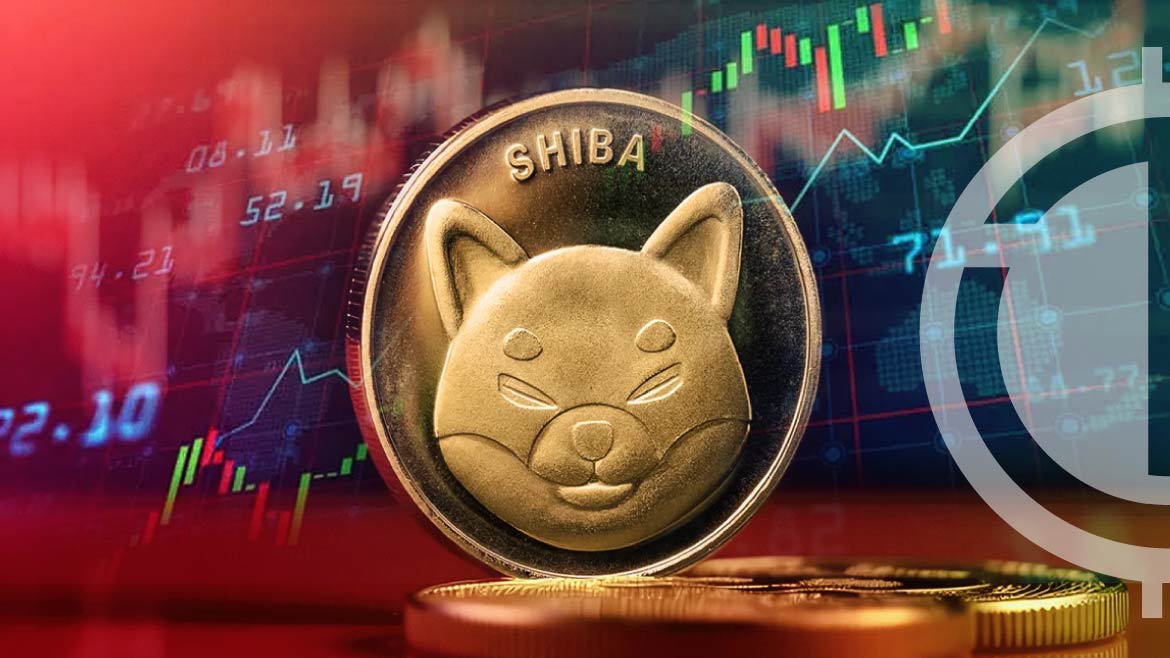- A total of 1.69 billion $SHIB tokens were unintentionally burned in 204 transactions, largely from errors in sending to incorrect addresses.
- The price of Shiba Inu declined sharply by 21.12% in the past week, significantly underperforming compared to other cryptos.
- Shibburn has issued a caution to Shiba Inu holders, urging meticulous checks on transaction details.
In the latest update from Shibburn, a tracking service dedicated to monitoring the burn activities of Shiba Inu tokens, April saw a substantial number of tokens removed from circulation. The data indicates that 1,695,717,536 $SHIB tokens were burned through 204 transactions over the course of the month. Notably, most of these tokens were not burned as part of strategic moves or big news within the cryptocurrency community; instead, they were sent to the contract address by mistake, leading to irreversible losses for the senders.
Shibburn has issued a warning to the Shiba Inu community, advising investors to exercise caution and verify transaction details before transferring tokens. This advisory comes in response to the observed trend of accidental burns, which suggests that awareness and caution are critical in handling crypto transactions to avoid similar mistakes.
Despite the high volume of token burns, Shiba Inu’s market performance has been bearish. As of today, the price of Shiba Inu stands at $0.00002143, marking a 10.58% decline over the last 24 hours and a 21.12% drop over the previous week. This decline is more severe than the general cryptocurrency market downturn, which saw a 7.40% decrease in the same period, and contrasts sharply with a 12.70% gain seen in similar cryptocurrencies within the Ethereum ecosystem.
The cryptocurrency market is increasingly attracting traditional finance (TradFi) investors, particularly with the adoption of Bitcoin ETFs. Following the successful launch and integration of Bitcoin ETFs, speculation is growing around potential ETF products for other cryptocurrencies, including Shiba Inu. Some industry analysts suggest that if a Shiba Inu ETF were to capture 30% of the current Bitcoin ETF inflows, it could significantly boost the token’s valuation.
However, the regulatory landscape remains uncertain, particularly with leading asset management firms facing challenges. Firms like BlackRock and Fidelity Investments have shown interest in Ethereum-based products, but regulatory hurdles persist as discussions around Ethereum’s status as a security continue, largely due to the SEC’s ongoing scrutiny of Consensys.






